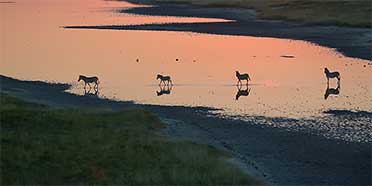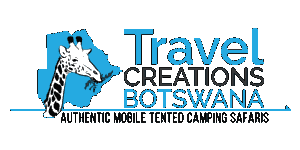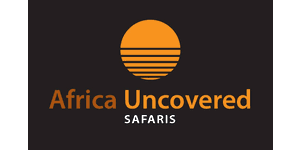
Safari Tours to Makgadikgadi Pans NP
-
![10-Day Botswana Wildlife & Birdwatching]()
10-Day Botswana Wildlife & Birdwatching
$18,799 to $26,999 pp (USD)
Botswana: Private tourLuxury+Tented Camp & Tented Bush Camp
You Visit: Maun (Start), Makgadikgadi Pans NP, Okavango Delta, Maun Airport (End)

Wayfairer Travel
4.8/5 – 182 Reviews
-
![3-Day Makgadikgadi Pans]()
3-Day Makgadikgadi Pans
$1,320 pp (USD)
Botswana: Shared tour (max 6 people per vehicle)
Mid-range LodgeYou Visit: Maun (Start), Makgadikgadi Pans NP, Ntwetwe Pan (Makgadikgadi Pans NP), Maun (End)

Travel Creations Botswana
5.0/5 – 5 Reviews
-
![6-Day Chobe Wildlife and Okavango Delta]()
6-Day Chobe Wildlife and Okavango Delta
$2,475 to $2,585 pp (USD)
Botswana & Zimbabwe: Shared tour (max 6 people per vehicle)
Mid-range Camping & LodgeYou Visit: Victoria Falls Town (Start), Chobe NP, Makgadikgadi Pans NP, Maun (City), Okavango Delta, Maun Airport (End)

Africa Uncovered Safaris
5.0/5 – 64 Reviews

 Botswana Parks
Botswana Parks











